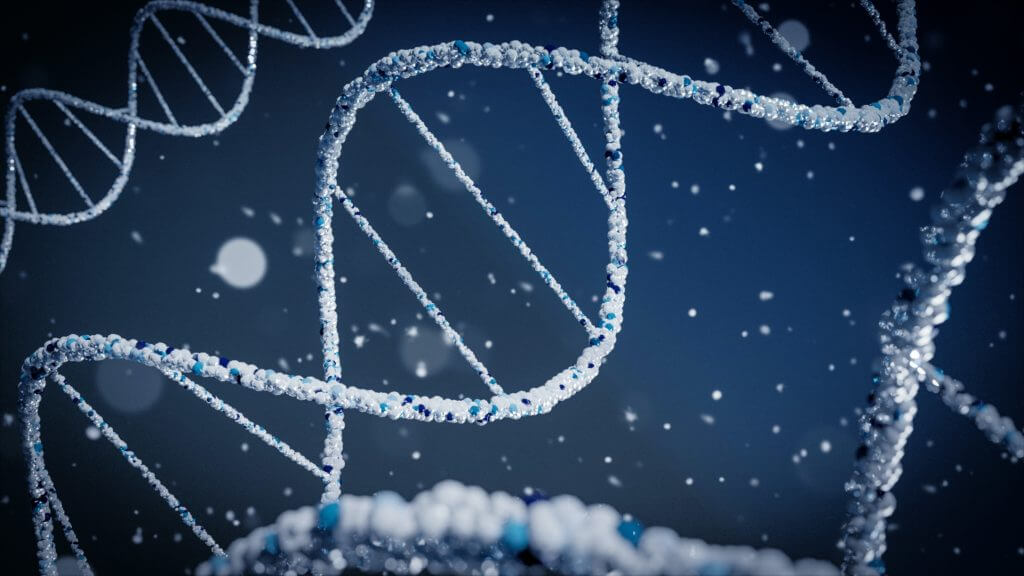The microbiota in our gut helps us digest the fiber that our bodies are otherwise unable to absorb. The fermentation of fiber results in short-chain fatty acids, or SCFAs, that have anti-inflammatory properties, according to a recent study. In addition to this, SCFAs have the ability to preserve the lining of the digestive tract, and ultimately reduce the risk of developing cancer, researchers say.
Previous studies indicate that the specific fatty acids, propionate, and butyrate, stimulate the protein p300 involved in unwinding DNA. This process allows other proteins to be produced via gene expression that can cause autism spectrum disorder (ASD), propionic acidemia, and even Alzheimer’s disease. Researchers investigated whether SCFA’s had the same effect on human gut tissue.

“Knowing that butyrate and propionate directly interact with this protein opens up a lot of new areas of research that we didn’t even think to look at before because we thought that it was happening the opposite way than it actually is,” says Sydney Thomas, in a statement. Thomas is a Denu lab graduate student and co-author of the paper.
SCFAs had previously been proven to represent an important connection between the bacteria in the gut and DNA alterations that influence the way in which a gene is expressed. Different cells may utilize the same DNA sequences in a variety of ways, and this can have an impact on health.
Cells arrange DNA such that only particular regions of it may be accessible for the given job. Specialized proteins called histones keep the DNA tightly wound so that only certain genes may be copied. When histones are altered, the DNA that is looped around them becomes more accessible to the cell. This results in a shift in the cell’s ability to utilize different parts of the DNA.
The studies on mice raised questions about how cells perceive SCFAs and respond by modifying their histones to regulate gene expression. For the purpose of answering these questions, Thomas and Denu used SCFAs to directly treat multiple human cells, instead of carrying out the more difficult animal trials.
The histones were almost immediately altered when exposed to propionate or butyrate, according to the study. The researchers observed that the fatty acids activated p300, which then rearranged histones and allowed more genes to be expressed.
These findings essentially duplicated previous animal studies, demonstrating that the cells provided an easier method for examining how SCFAs change the host’s epigenome.
“We are hoping that now that we have a better understanding of how SCFAs work, (we) can use this knowledge to create better drugs and a deeper understanding of how the microbiome interacts with the host,” says Thomas.
It was long believed that butyrate and propionate changed DNA by blocking the protein called histone deacetylase. The latest results, however, suggesting fatty acids function via engaging p300, call into doubt the traditional hypothesis.
“Science is most thrilling when you discover something unexpected and when the results challenge long-held beliefs. This work checks both those boxes,” adds Denu.
This study is published in eLife.
